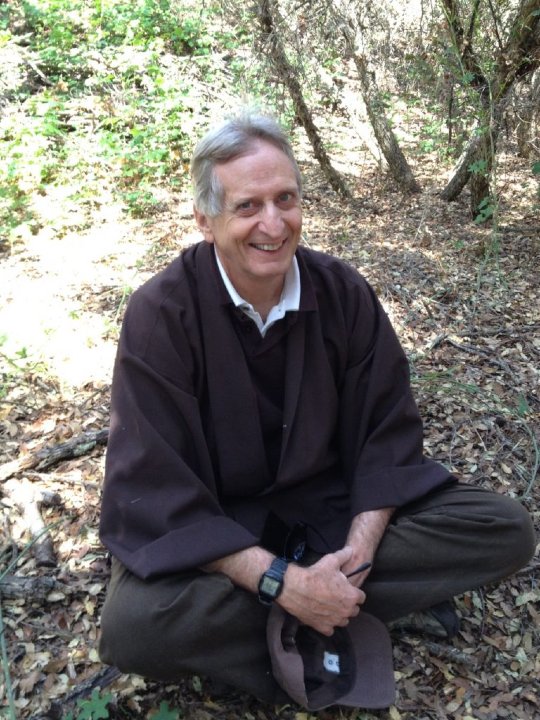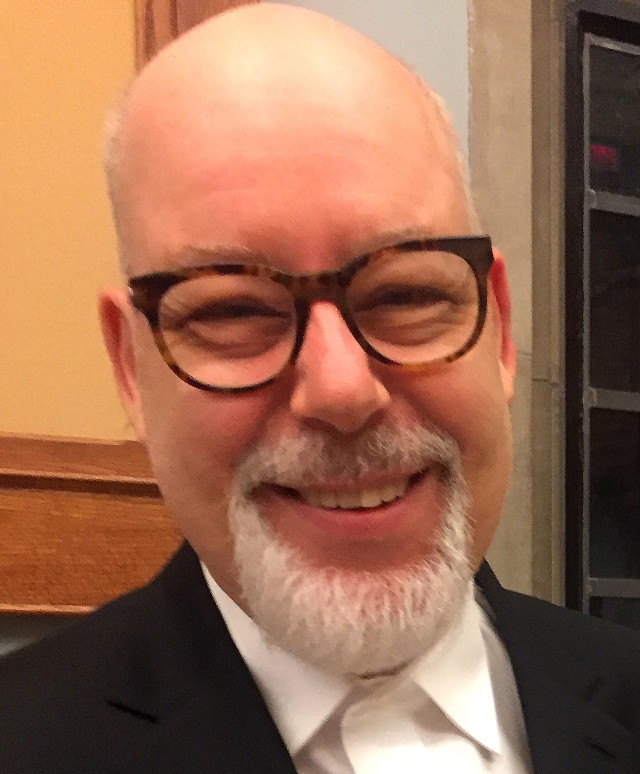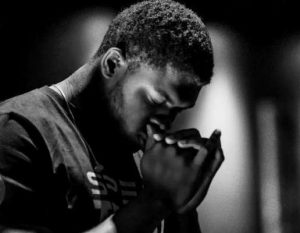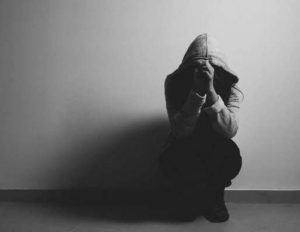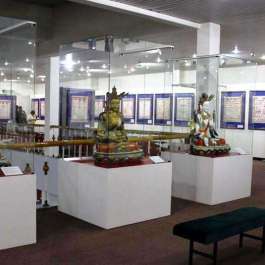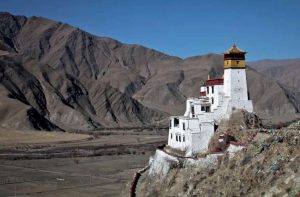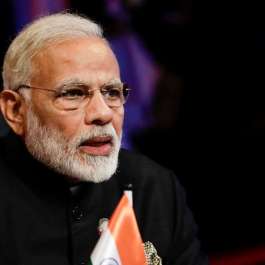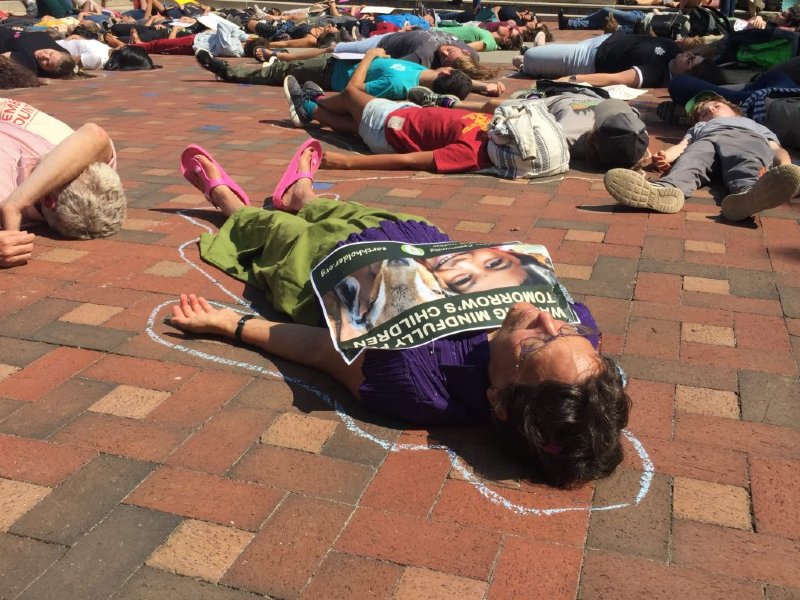
Moving from good intentions and well-conceived mission statements to an effective organization is not easy. I recently had the opportunity to learn more about one of America’s most successful engaged Buddhist organizations, the Earth Holder Community (EHC), in several conversations to find out how they have thrived in that challenge. I spoke with John Bell, one of the founders. He has over 40 years of experience in the youth field as a teacher, counselor, community organizer, program developer, leadership trainer, director, and parent. He is also an ordained Dharma teacher in the tradition of Zen Master Thich Nhat Hanh.
Buddhistdoor Global: When did you join in the founding of the Earth Holder Community and what inspired you to do so?
John Bell: I spent the better part of 2014 immersing myself in the literature around global warming, climate change, and ecological decline. It was a sobering, heartbreaking, and inspiring endeavor. I felt called to contribute to building awareness and mindful action around ecological suffering. From that I developed a day-long multimedia retreat called The Climate Crisis as a Door of Awakening, complete with facilitator’s guide and hyperlinks to all the videos, songs, Dharma talks, and slide decks I used, so that others could adapt it for their own communities. I was asked to offer the retreat in a dozen or so communities across the US in 2015–16. In this same period, spurred by the skillful leadership of a monastic, a small group of us formed the early Earth Holder Sangha—later changed to Earth Holder Community—in order to put a practice-and-action spotlight on the climate situation.
BDG: The EHC has worked strongly to develop and implement an Environmental and Racial Justice Framework. Can you explain how they form facets of your mission?
JB: In 2018 and early 2019, the Care Taking Council/board of the EHC was designing a six-week online retreat called THIS IS IT. Through discussions of what each week’s themes might be, the six-part framework emerged. We think of the six as intersecting circles, described as follows:
1. Cultivating wise view so that our actions are grounded in spiritual depth;
2. Healing and transforming racism and social oppression to link climate justice with racial justice in order to foster human unity as a reality, not an ideal;
3. Healing grief, despair, fear, and feelings of powerlessness so that we may think more clearly, act more boldly, and love more deeply;
4. Building strong community so that we have reliable space to recover, refresh, and renew ourselves as environmental and social suffering spreads;
5. Practicing living an ethical life, including reverence for life, deep listening and kind speech so that we nurture the capacity for compassion and counteract hatred, blame, and “othering;”
6. Engaging in mindfulness-based Earth justice work and bringing these elements to individuals and communities around the world.
We believe these six elements, taken as a group, can help to deepen the movement for environmental and social justice.
BDG: You are part of a global network of Thich Nhat Hanh’s lineage adherents. How big is your organization and how do you relate with those who are geographically remote?
JB: Yes, the Earth Holder Community is an initiative of the Plum Village Community of Engaged Buddhism. In the Earth Holder Community, there are about 2,500 followers on Facebook, roughly 1,000 on Twitter, 650 on Instagram, thousands on a newsletter list, and approaching 300 on the Basecamp electronic networking platform. Three hundred and fifteen people participated in the two six-week Earth Holder THIS IS IT Online Retreats in 2020. Anywhere from 50–100 folks attend the monthly Online Earth Holder Sangha. Mostly, the EHC is a virtual community. However, we have developed the Earth Holder Regional Community Builders, composed of practitioners who are cultivating Earth-holding practice in their region. This has resulted in three regional Earth Holder Communities, in Florida, the Chesapeake Bay area, and the upper Midwest states. Earth Holder Ireland is in the early stages of development, as are a few other EH communities in Europe.
BDG: The leadership of the EHC has evolved over time. How is it turning out?
JB: Early on, the Earth Holder Community deliberately positioned itself at the intersection of racial justice and climate justice, understanding that the two are inseparable. However, given the demographics of the North American mahasangha, we can predict that most local EH groups will be comprised predominantly of white practitioners as members. This is a useful dilemma. Why? Because it invites us to think differently, more creatively.
Some examples: the early EHC Care Taking Council was all white people. So over the course of the past couple of years, we took concrete steps to try to correct the default white cultural dominance by:
a) Recruiting majority BIPOC for the CTC;
b) The white members did a facilitated six-month study course reading African American Dharma Teacher Ruth King’s book Mindful of Race (Sounds True 2018), which helped the white members better understand our internalized whiteness;
c) Shifting the decision-making toward BIPOC voices;
d) Creating BIPOC-White teams for each of the six weeks of the THIS IS IT retreat;
e) Featuring many BIPOC practitioners as presenters on the Monthly EH Online Sanghas.
Furthermore, while the framework of “DEI—diversity, equity, and inclusion” has great value, the Plum Village approach is more aligned with the Beloved Community framework. The Beloved Community is not just a group of our closest people who share our values. True Beloved Community, as envisioned both by Dr. King and Thich Nhat Hanh, excludes no one, sees no enemies, and creates a place of belonging for each and every person. The “othering” and exclusion of some folks from the favored group is one of the oldest and most persistent divisive habit energies that human groups manifest. The separation that results is one of the deepest wounds that humans experience and that becomes institutionalized through systems of oppression such as racism, sexism, classism, anti-Semitism, heterosexism, ageism, and so on.
Going forward in the Earth Holder Community, the Care Taking Council, as a leadership group, is committed to deliberately working to create belonging and the Beloved Community so that the EHC does its best to not slip into unconsciously recreating dominant culture inequities. Here are some beginning examples, with more that will evolve as the EHC grows and learns:
a) Incorporating basic awareness of the dynamics of oppression and conditioning around separation into the DNA of the EHC;
b) Incorporating training on racial justice, environmental racism, and climate justice accessible to EHC folks;
c) At all climate justice actions, highlighting the ways it is also a racial justice issue, such as protesting the Line 3 Pipeline. And at all racial justice actions, highlighting the ways it is also a climate justice issue, such as immigration at the US southern border; keep connecting the dots;
d) Encouraging and supporting affinity or intersectionality EHC groups to be both cultural sanctuaries and connected to the larger EHC for mutual learning and actions.

BDG: Is the Earth Holder Community exclusively or primarily for followers of Thich Nhat Hanh?
JB: The majority of Earth Holders are Plum Village practitioners. However, anyone is welcome to participate as long as they agree to the mission of the EHC, in our tagline: “bringing mindfulness, compassion, healing, and nonviolence to protecting ourselves, one another, all beings, and the Earth.”
BDG: What do your relationships with other Buddhist groups look like?
JB: Collegial and mutually supportive. We have done actions with the Buddhist Climate Action Network, with the Buddhist Peace Fellowship, with One Earth Sangha, with the Work That Reconnects, with XR Buddhists.
BDG: What do your relationships with secular and interfaith activist groups look like?
JB: Earth Holders, as individuals not as an organization, have active relationships with other EJ orgs; too many to list, but among them in the US are: GreenFaith, Interfaith Power and Light, XR in many places, 350.org—one of our EH Regional Community Builders just wrote and published a book for 350.org California for high school climate activists—East Point Peace Academy, the Lotus Institute, Rocky Mountain EcoDharma Center, EcoSattva of Florida, International African American Museum.
BDG: What types of projects do you imagine the organization doing in 10 years?
JB: Precarious business, trying to predict 10 years out, given the increasing tempo of change. An aspiration, perhaps, is that the EHC or some pan-Buddhist or pan-faith-based outfit will become a major actor and influencer in turning the destructive tide of ecological collapse.
BDG: Who will lead it?
JB: No idea, but it will need to have BIPOC or People of the Global Majority solidly at the center, along with white allies.
BDG: What will make it strong?
JB: Groundedness in the Dharma. Continued healing of our powerlessness, grief, and conditioned habits of separation. An accurate understanding of how oppression works to divide and conquer natural allies. Building strong communities to withstand the increasing suffering and support collective action. Collective awakening.
See more
Earth Holder Community
John Bell – Begin Within
Related features from BDG
Global Systemic Crisis and Buddhism: Toward a Change of Paradigm
On Slugs and Karma
On Being Intentionally Disruptive
Buddhistdoor View: Overcoming Our Denial of Responsibility for Climate Change
System Change, Not Climate Change
Dharma in Action: Tackling the Climate Change Crisis
Truth and Consequences: Capitalism, Climate Change, and the World We Created
Touching the Earth: An Ecodharma Retreat
Bodhimandala
Related news reports from BDG
Climate Crisis: 2,185 Scientists, Academics Call for Fossil Fuel Non-Proliferation Treaty
Dalai Lama Joins Nobel Laureates in Earth Day Appeal to Eliminate Fossil Fuels
Dalai Lama Urges Unified Global Action on Climate Change in Message to G7 Speakers’ Meeting
Multi-faith Leaders Push Australian Government to Act on Climate Change
Climate Change: The “Highest Village in the World” is Almost Out of Water
Green Himalayas: Ladakh Launches Ambitious Climate Change Project
Buddhists in New York Join Greta Thunberg to Call for Action on Climate Change


